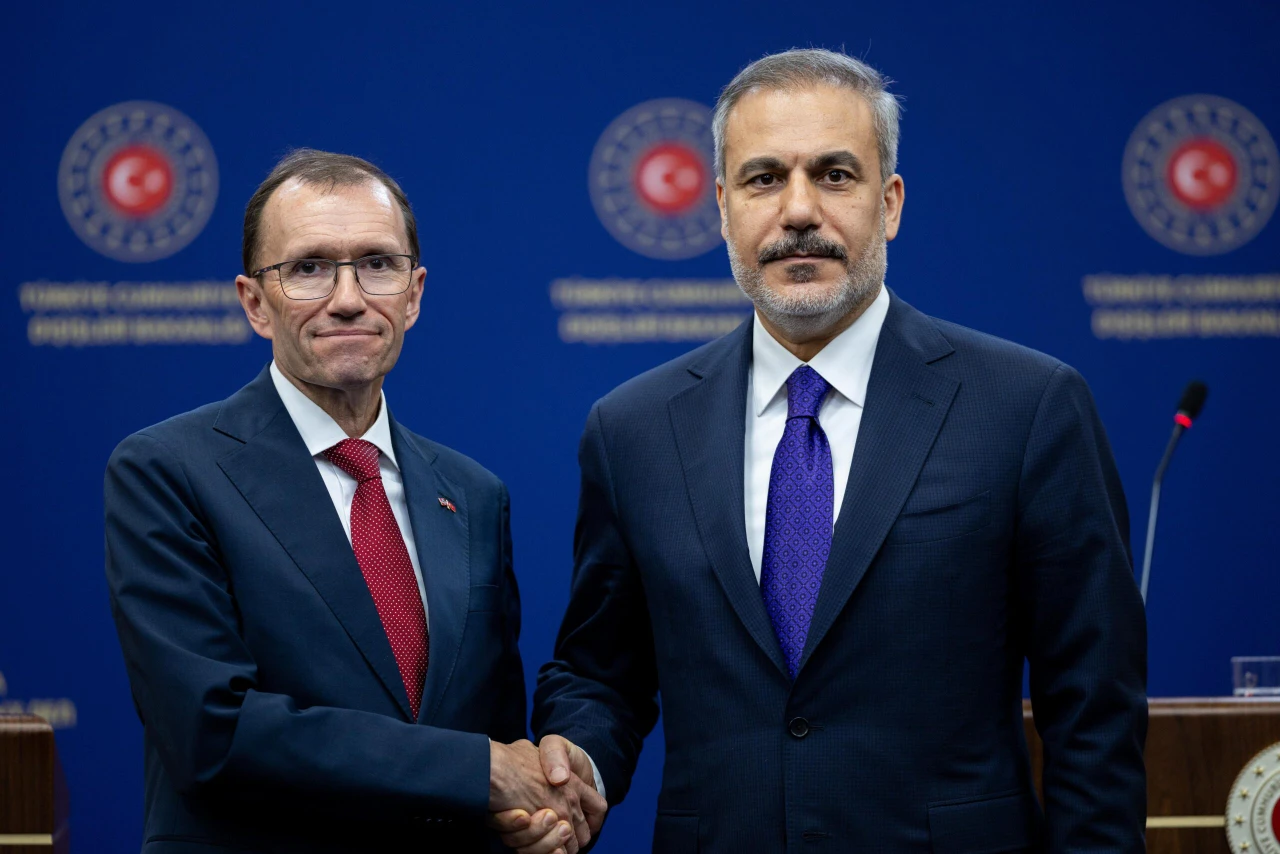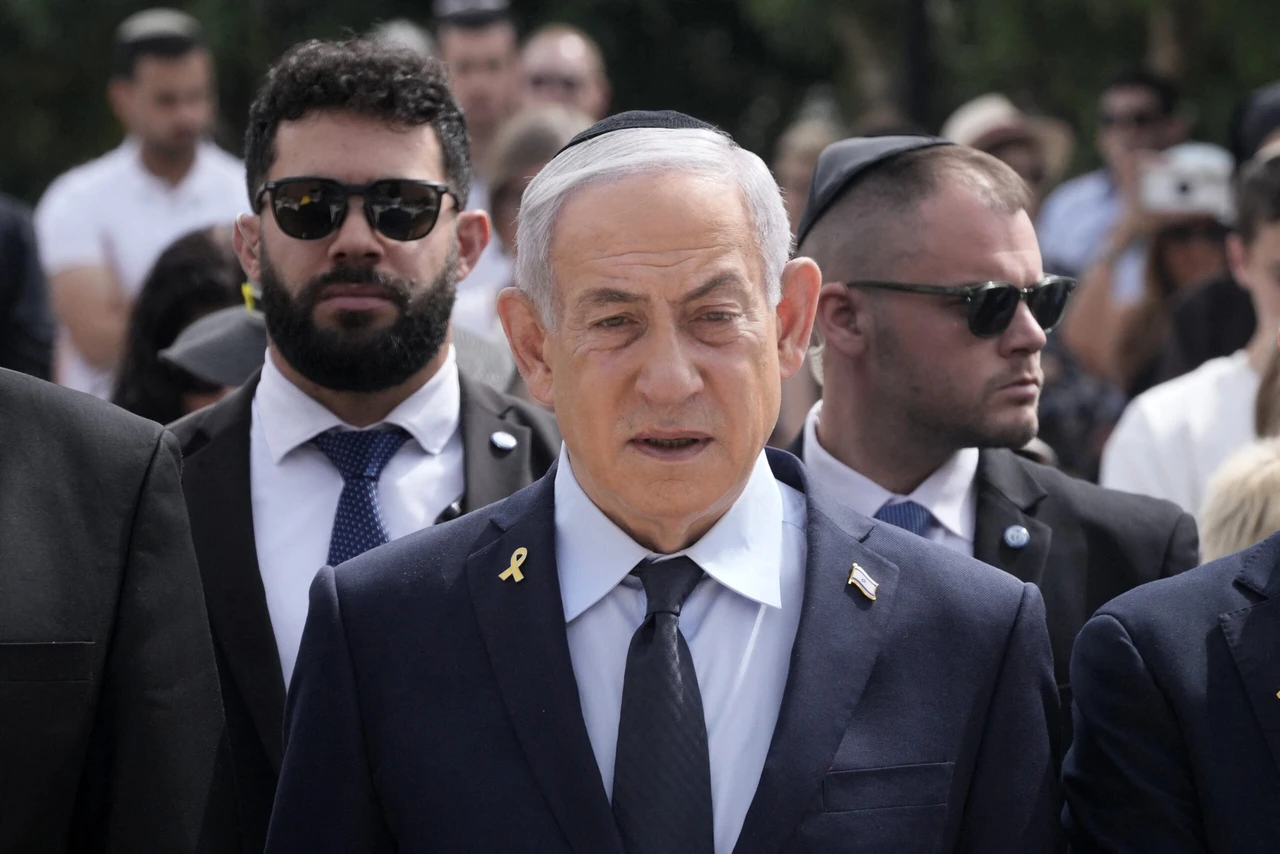Bosnia and Herzegovina eyes stronger defense ties with Türkiye
 Bosnian Defense Minister Zukan Helez gives an exclusive interview regarding his country's cooperation with Turkiye in the field of defense, and Bosnia and Herzegovina's European Union (EU) and NATO membership process in Sarajevo, Bosnia and Herzegovina on December 26, 2024. (AA Photo)
Bosnian Defense Minister Zukan Helez gives an exclusive interview regarding his country's cooperation with Turkiye in the field of defense, and Bosnia and Herzegovina's European Union (EU) and NATO membership process in Sarajevo, Bosnia and Herzegovina on December 26, 2024. (AA Photo)
Bosnia and Herzegovina is set to strengthen its defense capabilities with the acquisition of Bayraktar TB2 drones and Kirpi II armored vehicles from Türkiye, Defense Minister Zukan Helez announced.
Bosnia and Herzegovina’s Kirpi II and Bayraktar TB2 acquisition
In an interview with Anadolu Agency, Helez outlined the nation’s defense plans, its NATO integration efforts, and the strategic importance of collaboration with Türkiye.
“We plan to acquire five Kirpi II armored vehicles initially, with a long-term goal of purchasing 16 units. These vehicles have demonstrated exceptional performance in Ukraine,” Helez said.
He added that Bosnia and Herzegovina has finalized an agreement to purchase six Bayraktar TB2 unmanned combat aerial vehicles (UCAVs) from Türkiye, with deliveries expected in phases.

Bayraktar TB2 acquisition underway
Helez confirmed that two Bayraktar TB2 drones would be delivered first, followed by four more in subsequent phases.
“We attempted to process the delivery through NATO channels. If that doesn’t succeed, we will proceed with direct deliveries,” he said.
To accommodate the drones, the runway at Rajlovac Military Barracks will need to be extended to 1,200 meters. Helez also highlighted ongoing training for Bosnian military personnel in Türkiye.
The defense minister added that Bosnia and Herzegovina is also planning to acquire firefighting helicopters from Türkiye as part of their expanding defense cooperation.
“Step by step, we are advancing, and our cooperation in defense will continue to grow,” Helez noted.
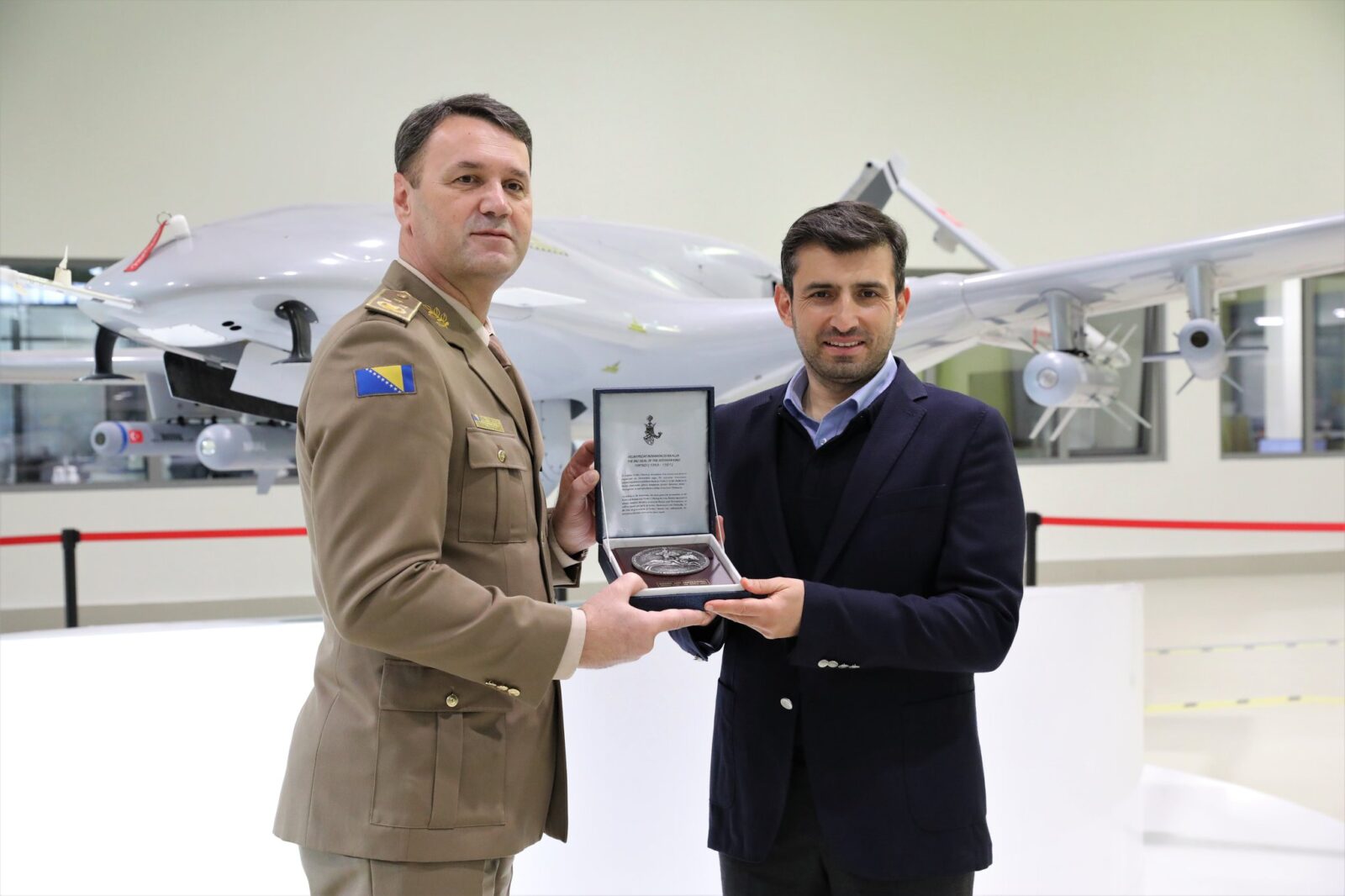
Regional dynamics and Serbia’s role
Addressing regional stability, Helez pointed to Serbia’s political influence and its role in regional tensions.
“Serbia has long interfered in Bosnia and Herzegovina’s internal affairs. Aleksandar Vucic remains a key figure in determining Kosovo’s independence, but public perception in Serbia is shifting,” he said.
He added that international stakeholders should recognize the evolving dynamics and Serbia’s role in regional stability.
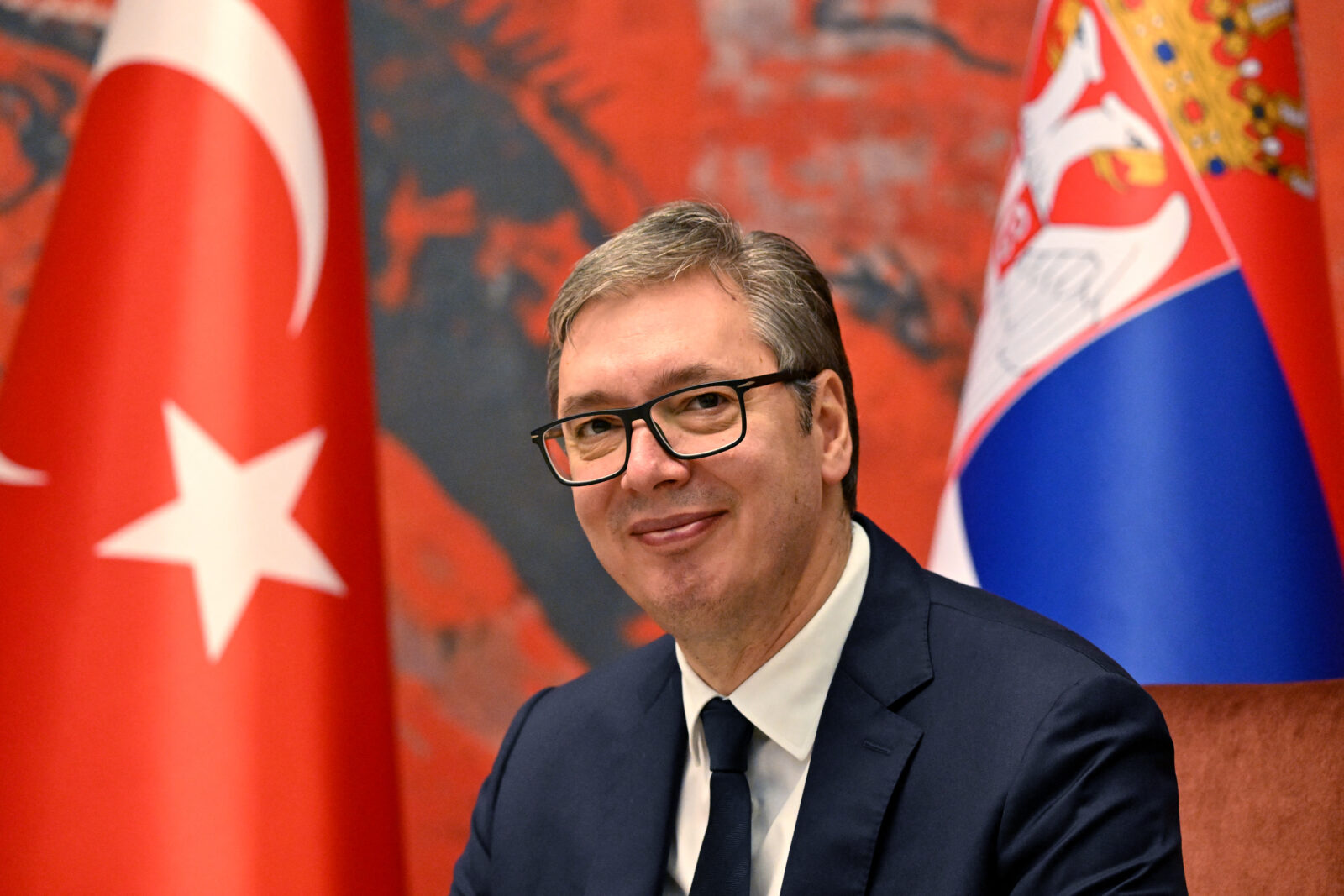
Focus on NATO integration and civil support
Bosnia and Herzegovina remains committed to aligning its defense strategies with NATO standards.
“Our military is not only tasked with defending sovereignty and territorial integrity but also with supporting civilians during natural disasters like fires and floods,” Helez emphasized.
He also mentioned the recent cooperation agreement signed with the EU border protection agency Frontex, with formal signatures expected in January.
“This agreement represents a significant step forward in ensuring our national security,” Helez said.
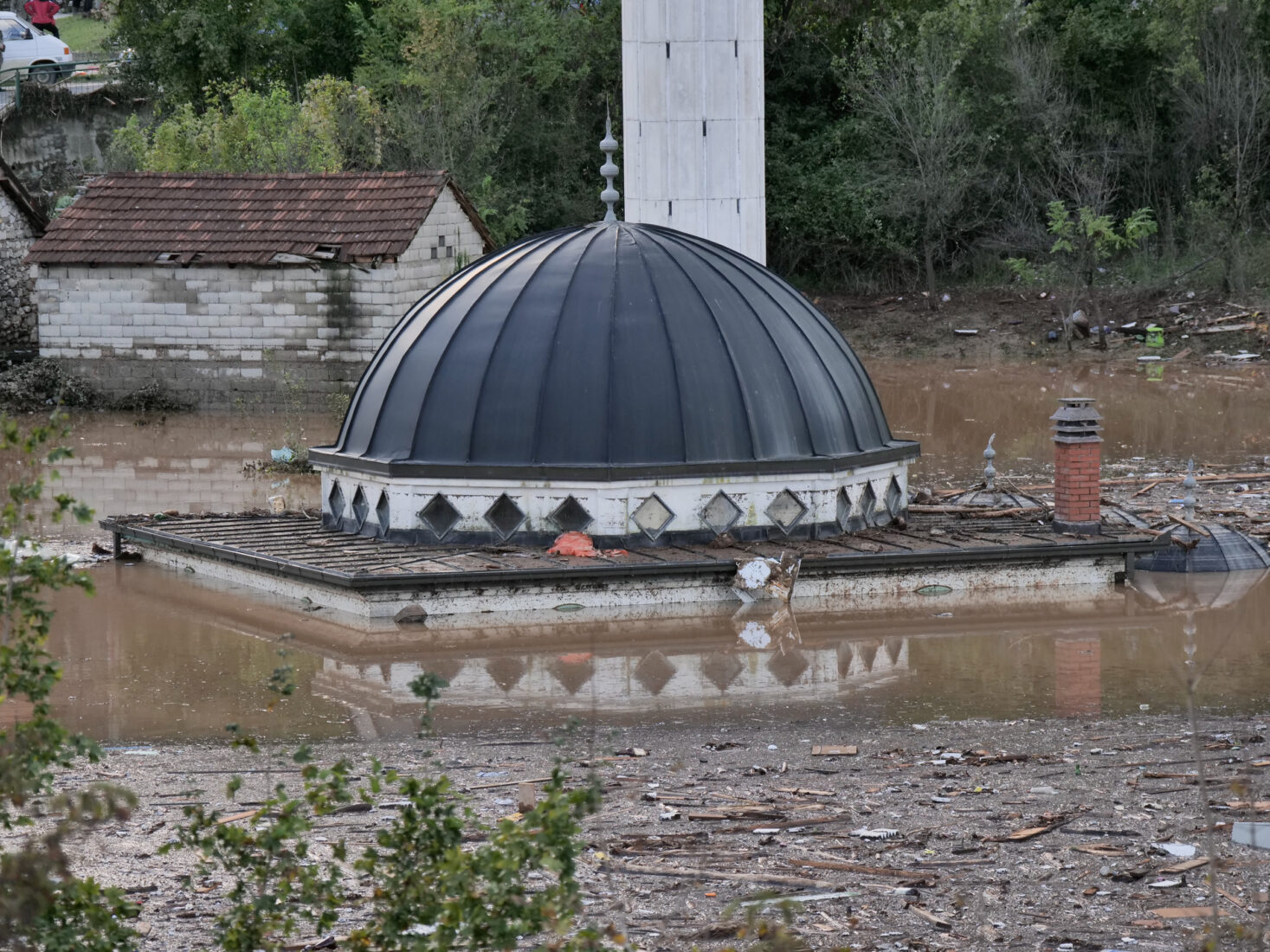
Future plans for infrastructure and development
In addition to defense acquisitions, Helez highlighted ongoing infrastructure projects aimed at strengthening Bosnia and Herzegovina’s defense readiness.
Runway extensions, increased personnel training, and equipment upgrades remain priorities as the country moves closer to full NATO integration.
“We are fully committed to modernizing our military forces and ensuring they meet NATO standards,” Helez concluded.
